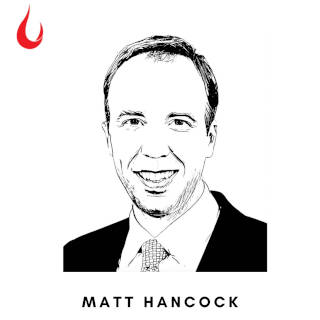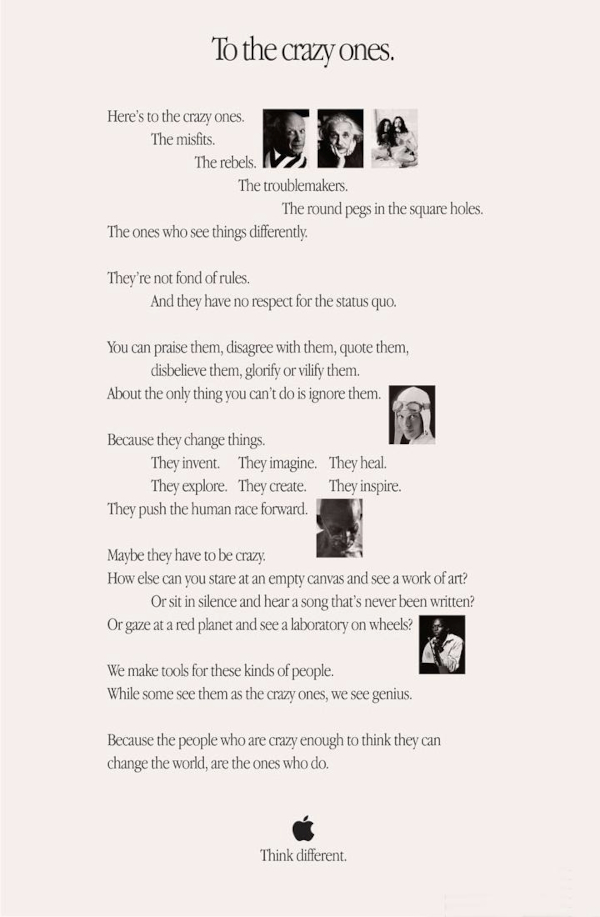Good morning,
What role does religion play in your life? Is it the anchor that you need? Does it provide a moral compass? Is there a philosophical construct there that appeals to you? Surprisingly, however, “Philosophy and religion have not exactly been on good terms throughout history,” writes Massimo Pigliucci in How to Live a Good Life: A Guide to Choosing Your Personal Philosophy.
“Rejecting or questioning religion, as philosophers such as Socrates did, was sometimes considered heresy—and was one of the reasons Socrates was sentenced to death. Nevertheless… boundary between the two realms is indistinct. Alister McGrath remarks that early Christian writers thought of Christianity as a philosophy rather than a religion, and in early Christian artwork, Christ sometimes wears a philosopher’s cloak. Jews and Muslims have been engaging in philosophy for hundreds of years, while the relatively recent Ethical Culture is based on a philosophy derived explicitly from ethics—a branch of general philosophy…
“Religious traditions do make more space for the supernatural, the mystical, and the spiritual, which is why faith is a core element of religion and rarely so in philosophy. It is also why religions can be at peace without definite answers and give answers to some questions that are unanswerable for philosophers (because they often defy logic or rationality). Religions have rituals to be followed, prophets to be listened to, and often deities to be worshiped. While Ethical Culture is nontheistic, it does have rituals and a spiritual element…
“Religions often propose an afterlife or, as in Eastern religions like Hinduism, reincarnation, which rewards or punishes behaviour in this life. Despite these differences, one key common thread shared by philosophies and religions is that they all grapple with the meaning of life and the question of how to live within ethical frameworks.
“Because religions are so incredibly diverse and there are countless denominations and variations, it is difficult to generalize about them. Given their histories, geographic spread, and sheer number of followers it is no wonder that around 84 percent of the world’s population is affiliated with a religion.”
That places much in perspective.
In this issue
- Greta Thunberg, farm laws and environmentalist’s dilemma
- Why international travel will remain a pain
- Jobs versus Cook
Have a good day.
Greta Thunberg, farm laws and environmentalist’s dilemma
Greta Thunberg, the young Swedish environmentalist, hit the headlines in India after registering her support for those protesting against farm laws. In an open letter, Mohinder Gulati, former chief operating officer, United Nations Sustainable Energy for All, points out to the environmental impact of agriculture as it’s done today.
He lists four issues.
- Emissions from crop residue burning. “Indian farmers, mostly around Delhi in the states of Punjab, Haryana, and Uttar Pradesh, burn about 100 million tons (Mt) a year of crop residue which generates 140 Mt of CO2, 12 Mt of other noxious gases and 1.2 Mt of particulate matter choking a population of about 50 million in the area.”
- Food wastage. “Every year in India, about 67 million tons of food is wasted, which has been estimated to be around $14 billion and could feed 100 million people… India desperately needs to modernize its agriculture, strengthen market linkages, and invest in the whole supply chain. This cannot, and should not, be done by the governments and should be left to a competitive, efficient and well-regulated private sector.”
- Water crisis. “About 85% of irrigated agriculture in India depends on groundwater. India extracts about 230 km3 of groundwater every year of which 90% is used for irrigation. World Bank estimates show that by 2030, 65% of Indian groundwater would be considered over-exploited i.e. extracting more than is recharged by nature… India is now food surplus and needs to create incentives to make agriculture less resource intensive and demand driven.”
- Corruption-controlled agriculture markets. “The current system forces farmers to sell their produce through government-established market yards where they have to pay a brokerage of about 2 to 3% and market tax of about 5 to 6%. Market Committees collect this tax supposedly for ‘rural development’, are controlled by politicians, and their accounts are not audited for years.”
There are broadly four positions people take about farm laws and protests.
a) they are fine with new laws, but not the way government pushed it,
(b) they are fine with reforms and the way government handled it;
(c) they think the new laws are bad; but also disapprove of how the protests are going;
(d) they think reforms are bad, and support the protests whole heartedly.
Irrespective of the position you take about the laws, Gulati’s letter highlights the problems that activists face aligning their main cause with the issues they feel strongly about. There lies the difference between activism and policy making. Activism looks down on compromises, but policymaking is about trade offs, and finding the optimal solution.
Dig deeper
Why international travel will remain a pain
A few days ago, South Africa said that the AstraZeneca vaccine was not effective against the South African mutation of coronavirus, according to a study with about 2,000 people. There is a fear that the existing vaccines might not work against mutations. So, it should come as no surprise that many countries want to pay more attention to their national borders.

“We must strengthen our defences. Everyone has a part to play in making our borders safe.”
FT reports: “Passengers arriving in England who try to conceal they have been to countries on a list of high-risk destinations face up to 10 years in jail as part of a series of tough new quarantine restrictions announced on Tuesday by health secretary Matt Hancock.
“Amid growing concerns among ministers over the threat from new coronavirus mutations, Hancock also said that from Monday all travellers coming to the country would need to take two Covid-19 tests on the second and eighth day after arriving. They will also have to produce a negative test within 72 hours before departure.”
Dig deeper
Jobs versus Cook

Bloomberg Businessweek’s most recent cover is a brilliant one that got our attention for one reason. Though Steve Jobs died almost a decade ago, most people continue to associate the company with Jobs and not Tim Cook. But this cover places their styles in dramatic contrast and explains why Apple would not have gotten to where it is without Cook at the helm. What long-time Steve Jobs fans would be familiar with is Apple’s ad when Jobs was leading charge.

Tell us what you think and find noteworthy.
And if you missed previous editions of this newsletter, they’re all archived here.
Bookmark Founding Fuel’s special section on Thriving in Volatile Times. All our stories on how individuals and businesses are responding to the pandemic until now are posted there.
Warm regards,
Team Founding Fuel

